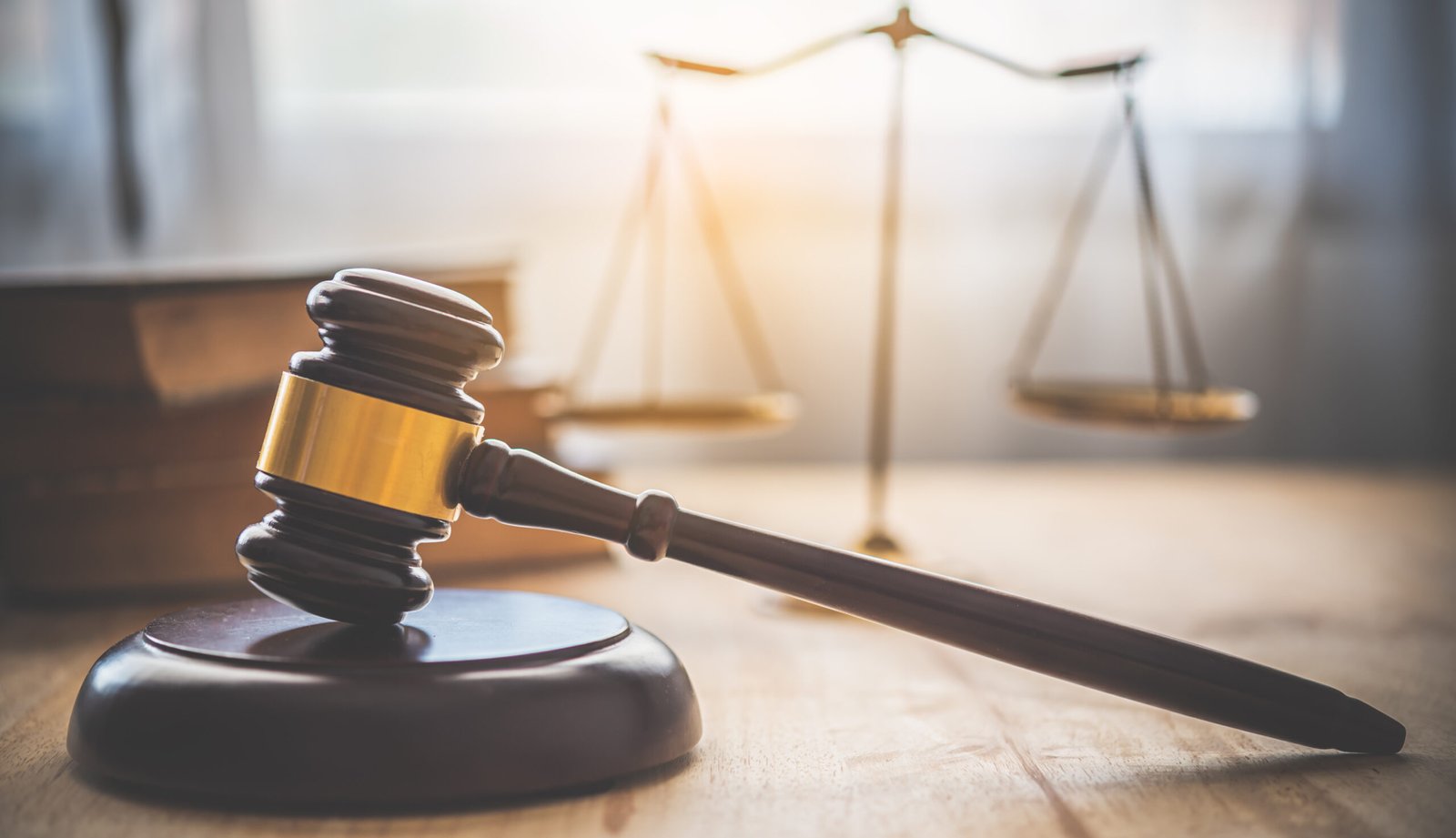NASSAU, BAHAMAS — The decision on whether an exemption is made for marijuana use for religious purposes should be left to Parliament a Supreme Court judge has ruled.
The August 1 decision came as a result of a constitutional motion filed by Lorenzo Stubbs, a practicing Rastafarian who was arrested in late December 2020 for being in possession of Indian hemp, approximately 1.6 ounces in weight, found in his kitchen.
Stubbs contended that Indian hemp is a sacred herb used as a sacrament in manifesting his faith as a Rastafarian, and he has a constitutional right to possess and use it. He challenged whether the freedom to manifest one’s religion, guaranteed by the Constitution, outweighs Parliament’s prerogative to make laws prohibiting the possession and use of substances considered harmful to the public interest but essential to certain religious beliefs.
Indian hemp is classified as a dangerous drug under the Dangerous Drugs Act 2000 with its possession being banned, except for very limited scientific and medical purposes by authorized personnel.
Stubbs however contended that the drug is a ‘sacred herb’, used as a sacrament in manifesting his faith as a Rastafarian and that he has a constitutional right to possess and use it.
Stubbs also contended that to the extent that the DDA does not contain an exemption for religious use, its blanket criminal sanctions on the possession of cannabis infringe on his right to practice his faith freely.
In the 40-page decision, Justice Klein differentiated between Indian hemp and marijuana, stating that while they belong to the same cannabis genus, they are of different varieties of the hemp family. He also highlighted that hemp has been used lawfully for medicinal and other purposes in India and China for thousands of years until its international criminalization following the International Opium Conference in 1925.
In his judgment, Klein said that he found nothing anti-democratic or anti-rights in Parliament’s decision not to make allowances for the religious or recreational use of marijuana.
“There are many democratic states (in fact, the vast majority of them) that still maintain general prohibitions on the possession and use of marijuana. Further, even those states which have reduced restrictions on marijuana for medicinal or recreational use, still exercise stringent controls, having regard, inter alia, to their international obligations under the various conventions,” the judge noted.
“Indeed, I would go so far as to say that that it is exemplary (rather than antithetical) of a democratic society that the decision whether or not an exemption should be made for the use of a not-innocuous substance for religious purposes should be left to the duly-elected representatives of the people. They are far better situated to make decisions that involve balancing competing international, public policy, and social considerations. In performing its constitutional function to interpret legislation so as to give full effect to fundamental human rights, it is not the business of the court to attempt to provide solutions to sociological issues which are better left to executive and/or legislative action,” Klein said.
The judge accepted that the failure to make provision for the religious use of marijuana amounted to an interference with Stubbs’ rights to observe and manifest his religion.
“I also find that there is sufficient evidence and other material before the court to establish that the impugned provisions of the Dangerous Drugs Act (DDA) are reasonably required to attain public policy objectives, whether for public health or safety.
“Furthermore, in my judgment, the applicant has not provided any evidence or other material to satisfy the court that the failure to make an exemption for religious use is not justifiable in a democratic society, or that the legislative measures in the DDA are disproportionate to their objectives,” the judge noted.
The judge also noted that it is clear that in the vast majority of cases, the relaxation of marijuana restrictions has come about by a deliberate policy decision of the respective parliaments or other legislative bodies, and not by dint of judicial pronouncement.
“This is as it should be. Nothing in this ruling should be taken as expressing any view on the desirability or wisdom (or not) as a matter of social development of Parliament putting in place appropriate legislation to provide for limited permitted use of marijuana by Rastafari, or for recreational purposes.
“The narrow issue before this court was the constitutionality of the provision of the DDA under which the applicant was charged, considered against the claim that it contravened his right to religious freedom and that is all the court has endeavored to answer,” Klein noted in dismissing the constitutional challenge.






